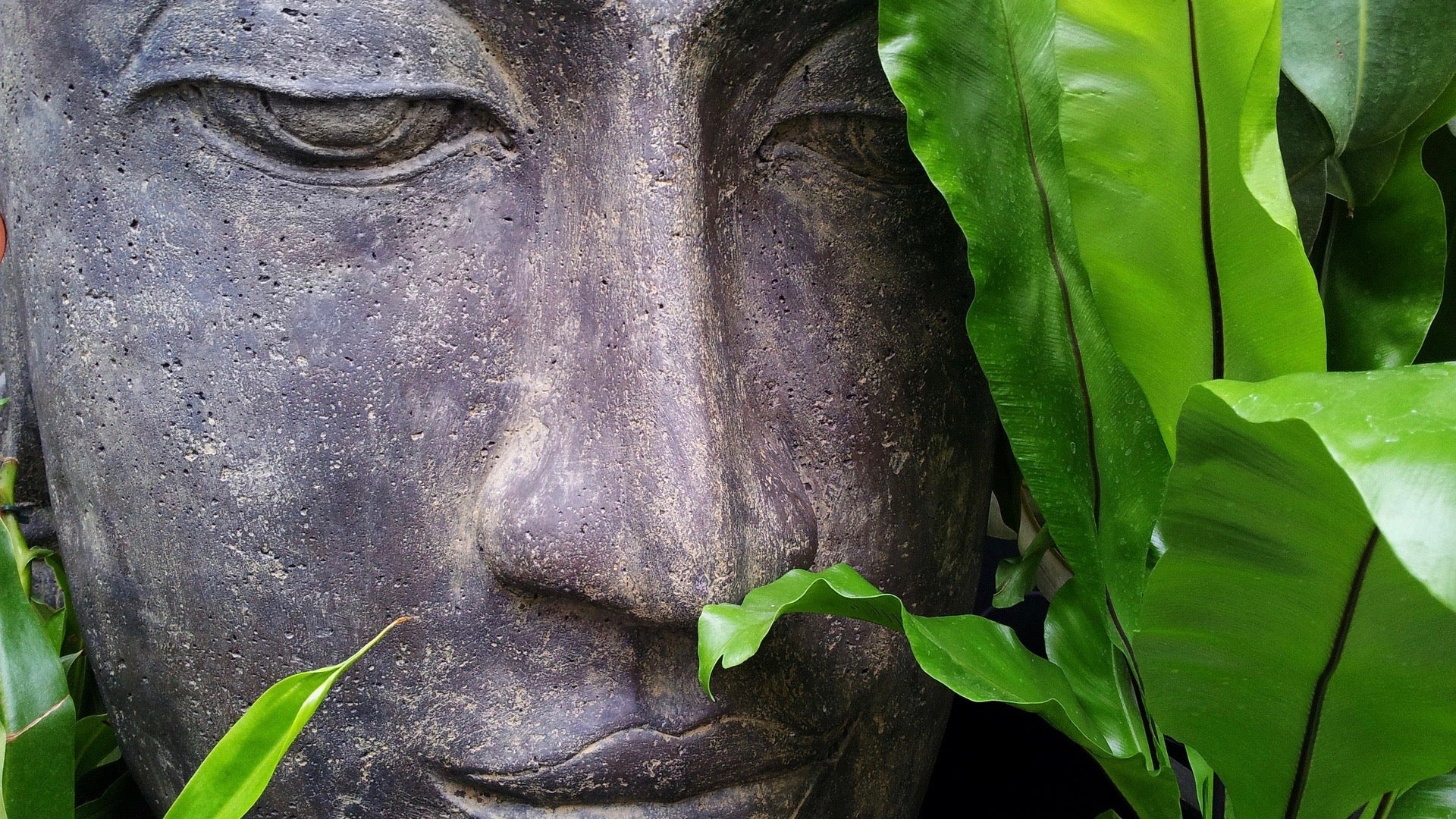The Zen take on material desires (and Gucci handbags)
Ephrat Livni studies Zen in a tiny cabin in California’s redwood forest. Email her your questions about spirituality, ethics, and living a considered life in the digital age at [email protected]. She’ll report what the masters advise.


Ephrat Livni studies Zen in a tiny cabin in California’s redwood forest. Email her your questions about spirituality, ethics, and living a considered life in the digital age at [email protected]. She’ll report what the masters advise.
I’m trying to live a simple, considered life. Do I need to give up my Gucci handbag?
It’s a difficult question. We don’t need anything beyond the basics. With two feet, you can only wear one pair of shoes at a time, so it follows that essentially you need only one pair. A bag has a utilitarian purpose—and it doesn’t need a fancy label to hold your stuff. The reality is more complex: There are different occasions, moods, conditions, trends. Many of us believe we need more, or simply want more.
Wanting, in itself, is not a problem, according to the Tao Te Ching, the primary text of Taoist philosophy, which inspired Zen Buddhism. Compiled by the Chinese sage Lao Tzu in the sixth century BC, the guide begins with an explanation for why desire is fine. Everything that exists, including us and the stuff we want, is in and of “the way.” It’s all natural, says Lao Tzu. “Hence, always rid yourself of desires in order to observe [the way’s] secrets. But always allow yourself to have desires in order to observe its manifestations,” he advises.
Wanting and not wanting are two sides of one coin, so consider each deeply until they’re fluid and rooted, and you will move between them as appropriate. From a Taoist perspective, wanting is alright, just as it’s wise at times to not desire. Fixation is a problem, however, because “the way” is always in flux.
The smart bet is to be flexible. As Albert Einstein noted, “the measure of intelligence is the ability to change.” Zen masters over the ages have also advised agility, not rigidity or strict rules. There is no one right way to be all the time. People, situations, and societies evolve, and what seems right at one point may in retrospect seem regretful. The only way to manage that constant shifting then is with flexibility and presence.
Luxury can be a blessing or a curse. Studies show people feel more powerful and perform better in finery. Also, what’s life without indulgences? Good food, hot coffee, Balenciaga sneakers… As a Peace Corps volunteer I saw destitute villagers in Senegal dress up beautifully to drink tea on mats. Style can be a consolation even where there’s no electricity or running water. On the other hand, sometimes the unquenchable desire for more things can become toxic.
The key is to get to know the mind generating your desires and become more spiritually intelligent. Zen practitioners do it by “minding the mind,” or perceiving the fleeting nature of thoughts to see past fantasy to ordinary reality. Practically speaking, discipline develops discernment and leads to your personal truth, which no master can supply.
Still, sages offer methods. The late Tibetan monk Chogyam Trungpa, for example, argued that sitting meditation is the way to develop the discipline to observe your desire neutrally. If you indulge and are pleased and there aren’t financial problems as a result, that’s perfect. Luxury should bring a delicious little thrill—you’re rich! Enjoy it. If, however, you’re tortured or bored by your purchases, try not desiring. Practice not gratifying your wishes as an exercise in discipline. You might like it. You might not, but still need the change.
“The sitting practice of meditation is the ideal environment to develop renunciation,” says Trongpa. Watching thoughts process, without punishing or praising them, you detach from the need to react to desires. That can help control your impulses later—when you’re shopping, for example.
Ultimately, it doesn’t fundamentally matter whether or not you lust for luxury or renounce it. Your renunciation doesn’t right the economic imbalances you’re enjoying due to relative luck or accident of birth—nothing you ever do will.
And even if you contribute your fancy bag funds to a good cause, a Zen master would advise against self-congratulation. Doing good is complicated.
So much depends upon a red wheelbarrow, but also sincerity. Take the Parisian nobleman experimenting with minimalism in the 1884 novel by Jean Paul Huysmans, Against Nature. His rustic country getaway feigns simplicity with furnishings mimicking a monk’s quarters and pricey but plain clothing. Yet the aristocrat kills a tortoise by encrusting it with jewels, and ultimately falls sick himself due to his extreme superficiality and sensibilities. He thinks about stuff constantly but isn’t leading a considered life.
There is nobody to trick into thinking you’re living simply, besides you, and you’d be wise to pierce that illusion—because you could always have less. Right action changes all the time and there’s no one right way to be stylish, simple, or spiritual. Only you can say whether Gucci should be along on your journey.